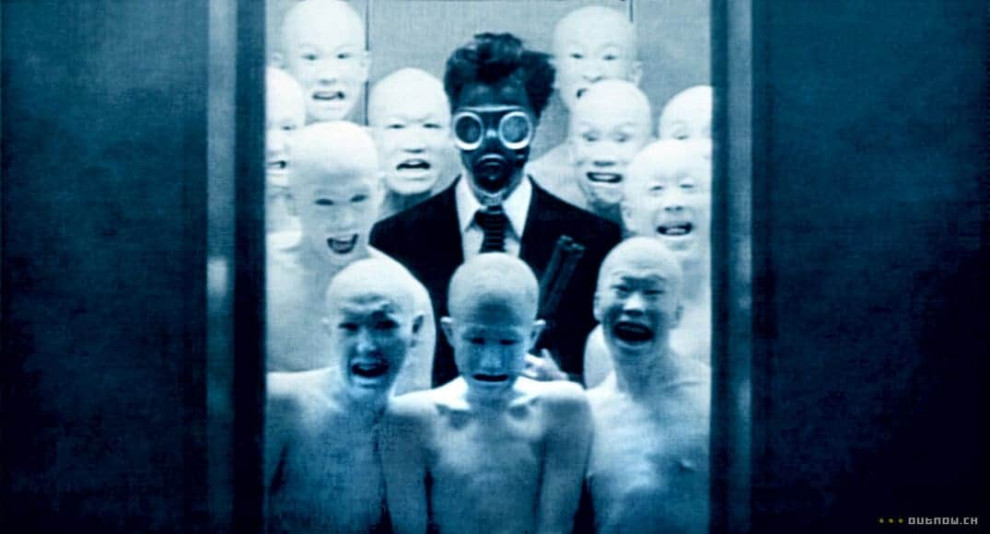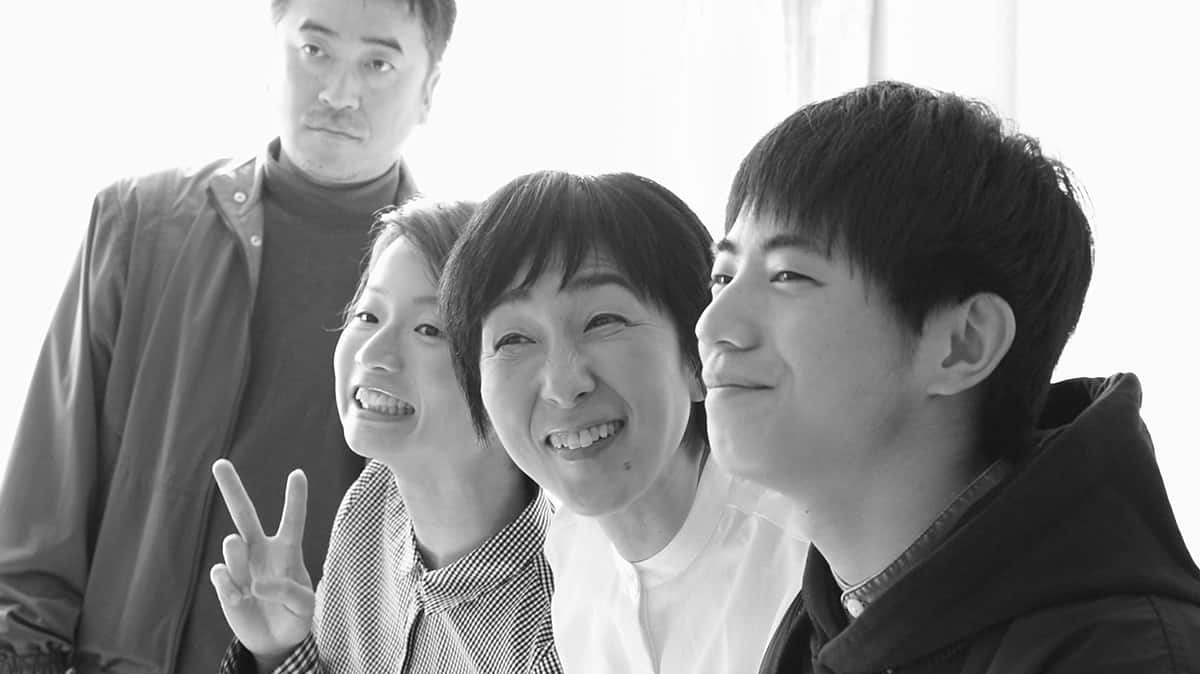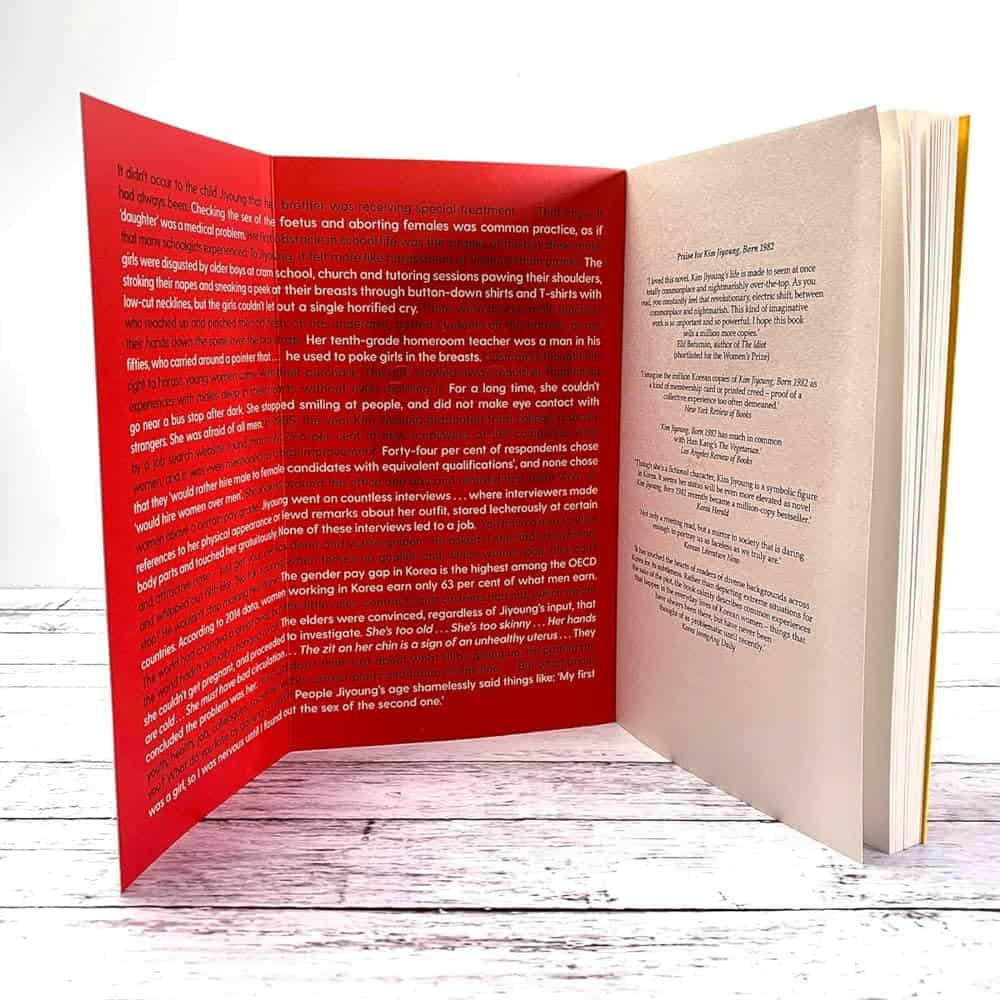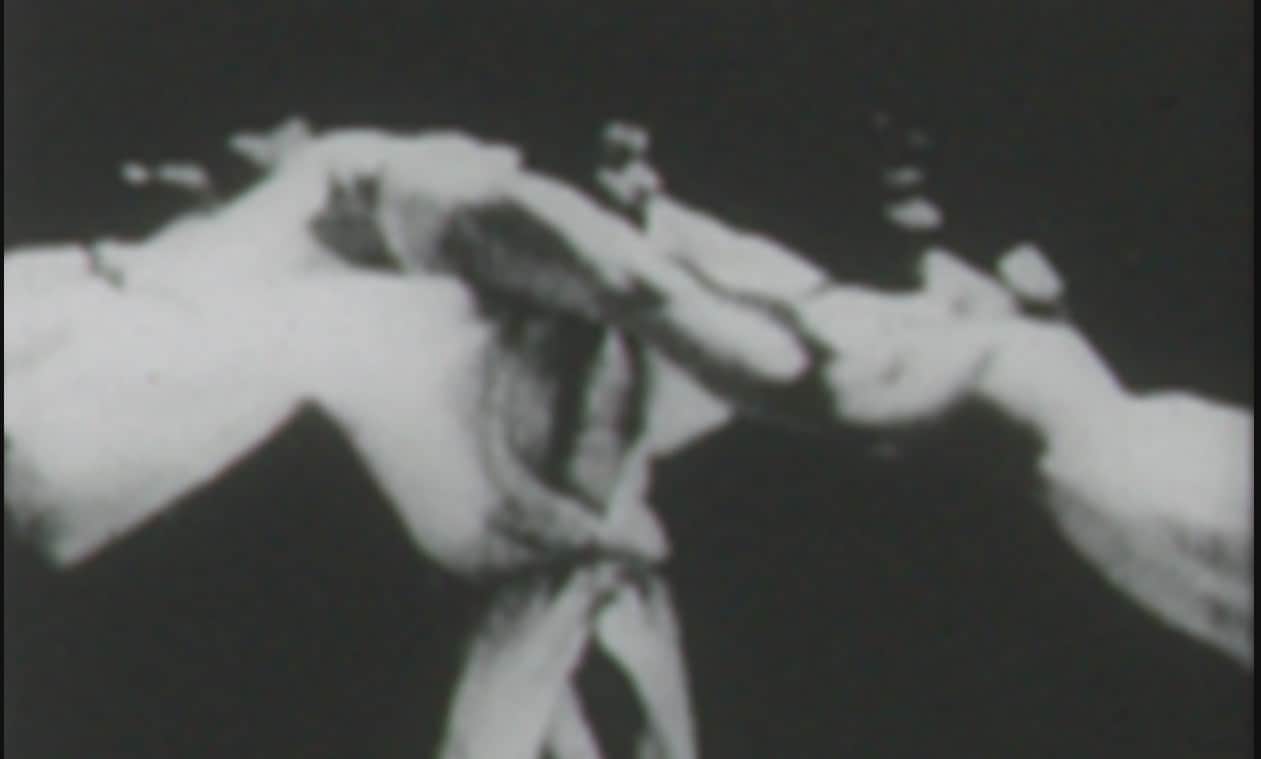In many interviews, Japanese director Hiroyuki Tonaka, or Sabu as he is called, has explained the significance of coincidence as a theme within his work. Anything can be a source of inspiration, and while Sabu's body of work may have traces of genre elements within, it is mostly a wild mixture of various influences ranging from music to even fashion. In general, anything can happen in one of the director's movies and a rather ordinary heist movie can end up with the character facing an army of the undead like in his film “Drive” (2002).
Buy This Title
With only a fuzzy recollection of what has happened in the last 24 hours, salaryman Koichi (Shinichi Tsutsumi) wakes up in an anonymous hotel room. While he endures the obligatory hangover, he tries to remember some of the events starting with a wake which ends up rather terribly for the mourning family and the guests. The following conversation with Koichi's girlfriend, during which he makes rather feeble attempts to say anything while she talks about various other topics, also ends in catastrophe with Koichi having a laughing fit about the events at the funeral.
However, as Koichi remembers an encounter with a yakuza boss as well as his beautiful mistress, he finds out it is already the beginning of the week and he is missing more than 24 hours as he expected when he woke up. Eventually, as more memories come back to Koichi, it begins to dawn on him, he has been the source of chaos in the streets of Tokyo and might just be in great danger.
An important aspect within the works of the director, and “Monday” may just be the climax of that part of his filmography, is the presence of actor Shinichi Tsutsumi. The character of the salaryman is the ultimate symbol for normality and smugness, the mousy worker-bee unwilling to speak up or risk anything in his life. Even writing his last letter will becomes something of a surreal absurdity with him giving instructions on how to water his plants and when to harvest certain vegetables in his garden. The idea of chaos causes this man to panic and scream in pain causing the actor's face to comically contort and his body to sweat uncontrollably. Naturally the sources of this chaos, such as violence and alcohol, combined with the devastating effect of coincidence on our lives can shatter this way of life while also showing how fragile this way always has been and how easily it can be taken away.

Despite the increasing amount of violence and chaos, Sabu's script always highlights the comic nature of the at times terrible things that happen to or are caused by the protagonist. He even pokes fun at the idea of fate, or our methods of taking control over our lives, when Koichi again laughs uncontrollably with a fortune teller who was about to read his palm. As with his other works, the universe around his characters is defined by its fragility, how easy they may find themselves astray and having to fight their way back to a more “righteous” path. Perhaps this tendency is the greatest strength of people like Koichi: the realization of one's potential and that you are not bound to any ideas of fate or fortune.
In the end, “Monday” is a wonderfully comic film about the nature of fate, coincidence and the refreshing absurdity in our everyday lives. Supported by a terrific script and a great central performance “Monday” may just be the best work of the director regarding its thematic approach. Ultimately, it is a highly enjoyable film with many memorable scenes, a wild ride for any fan of Japanese cinema.
















